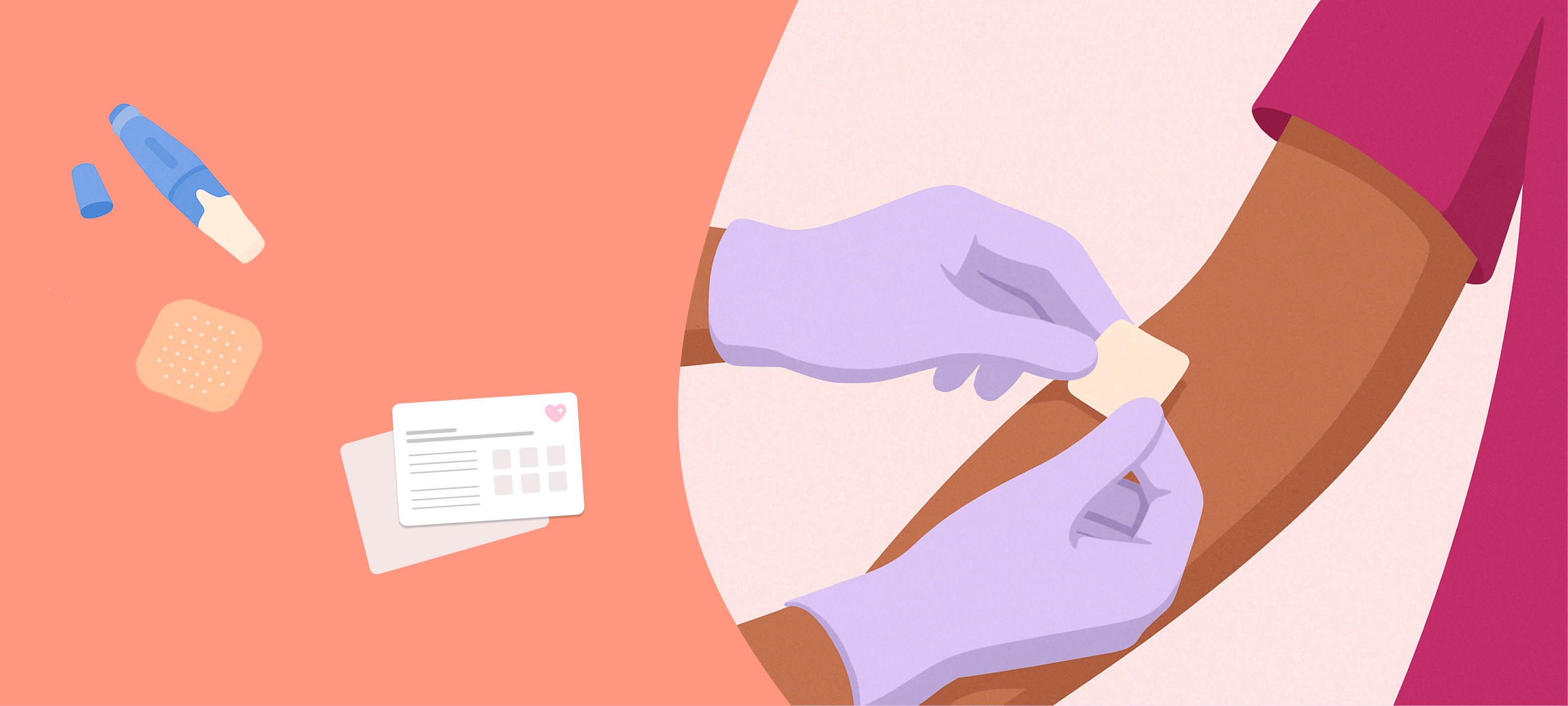Recent news & articles
Get to know the latest in women's health
Sign up to our newsletter


Explore Library
Egg freezing can be pretty daunting.
With tons of information online, it can easily become overwhelming to understand how it works. But let us break down the facts for you.

So... what is egg freezing?
Egg freezing is a fertility preservation method that can allow you to store your eggs, to increase your chances of having a baby in the future.
You may want to ‘preserve’ your fertility because, with age, it becomes increasingly difficult to get pregnant naturally. This phenomenon is known as 'age-related fertility decline', and occurs in men too but to a lesser degree. In fact, it remains to be a much-researched subject in reproductive medicine. However, in women, a decline in fertility mainly comes down to two things: egg quantity and egg quality.
Click on the next step above to read more.

Egg quantity
A woman is born with roughly a million eggs which progressively decrease over her lifetime. At puberty, there may be around 300,000 – 500,000 eggs, whereas, at 37, only 25,000 eggs could remain. Around the age of 50, it is estimated that there are less than 1000 eggs.
The loss of egg number over time is referred to as the decrease in 'ovarian reserve'.
Egg quality
Eggs are exposed to more DNA damage, with age. Eggs will also find it harder to repair the DNA damage. So, it’s likely that eggs will have genetic abnormalities, which reduces the chances of pregnancy. It can also lead to miscarriages or babies with genetic disorders.
In both men and women, the risk of general disorders increases with age, and this adversely can affect fertility. Therefore, egg freezing could mitigate this, by keeping a woman’s eggs at a much higher quality if the procedure is done at a younger age.

Testing your fertility
To decide whether egg freezing is right for you, you'll need to test your fertility levels. This includes some blood tests and pelvic ultrasound scans to look for any potential underlying gynaecological conditions as well as your ovarian reserve. Doctors may look at:

Anti-müllerian hormone (AMH)
Eggs are exposed to more DNA damage, with age. Eggs will also find it harder to repair the DNA damage. So, it’s likely that eggs will have genetic abnormalities, which reduces the chances of pregnancy. It can also lead to miscarriages or babies with genetic disorders.
In both men and women, the risk of general disorders increases with age, and this adversely can affect fertility. Therefore, egg freezing could mitigate this, by keeping a woman’s eggs at a much higher quality if the procedure is done at a younger age.
Antral Follicle Count (AFC)
Antral follicles are fluid-filled sacs that are still maturing, but not completely mature yet. The Antral Follicle Count (AFC) is defined as follicles that measure 2-10mm in diameter. This is assessed using a pelvic/transvaginal ultrasound scan.

Is egg freezing suitable for me?
There are many reasons why someone would want to freeze their eggs. You might want to consider egg freezing if:
- You have a medical condition that can hinder your fertility. This could include conditions such as sickle cell anaemia, or inflammatory rheumatic diseases.
- You require treatment for cancer or other medical conditions, where the treatment itself (such as radiography or chemotherapy) can affect your fertility. In cases involving cancer, the NHS could provide funding for egg freezing based on where you live.
- You’re concerned about your fertility levels declining and are not ready for children or don’t have the right partner yet. This refers to ‘elective egg freezing’ and is also known as ‘social egg freezing’.
- You’re at risk of severe injury/death (for instance, you’re a part of the armed forces and are being deployed into a war zone or working in a high-risk environment).
- You’re undergoing IVF treatment and prefer not to have any possible remaining embryos due to ethical or religious reasons.
- You’re transitioning from female to male, and plan on taking hormone therapy and/or reconstructive surgery. These treatments can diminish your fertility either partially or totally, so egg freezing could allow you to have biological children in the future,
Final considerations
Before egg freezing, it's important to consider a few things:
- Remember that egg freezing is not an insurance, but rather increases the chances of having a baby in the future
- It's more optimal to freeze your eggs at a younger age, as you're more likely to retrieve a higher number of good quality eggs
- Think about how long you intend to keep the eggs stored for and to budget accordingly
- How many children would you ideally like to have? This can help determine how many cycles you could need
- Some clinics may discuss using donor eggs and donor sperm instead of egg freezing, depending on your fertility levels.
Get to know the egg freezing journey step-by-step
Your fertility, from the start
Did you know your fertility potential was determined when you were an embryo? Take a listen to Dr. Shabana Bora to find out more.
So... what is egg freezing?
There's a lot of myths and taboos out there about egg freezing. Dr. Shabana Bora breaks the process down to give an overview of what egg freezing is.
The steps of egg freezing
Let's get more detailed! In this video, Dr. Shabana Bora walks you through the egg freezing process, step by step.
Surgery day
A short procedure of 5 to 10 mins! Don't forget to take the full day off to recover. Not all the eggs collected are suitable to be frozen, just the mature ones.
Possible side effects
Learn about potential side effects from the injections and some risks that could occur during and after the surgery.
Final considerations
Remember that freezing your eggs isn't a guarantee for a baby, but it keeps your options open and your mind at peace until you're ready to start trying.
Videos edited by Thaise Nicoleto, digital creator @thaisenicoleto
EGG FREEZING COSTS, EXPLAINED
1
Fertility Investigations
Initial Consultation:
An initial consultation with a fertility clinic normally costs around £250 (but remember, these are free if you book via Amilis). The consultation is an introductory chat with a fertility doctor, who will get to know you, your medical history and fertility goals.
Typical Fertility Tests and Scans:
An AMH (anti-mullerian hormone blood test) gives an accurate indication of your ovarian reserve level and costs £115.
A pelvic ultrasound scan, also known as a transvaginal scan, uses imaging to check on the health of the ovaries, womb, and fallopian tubes. This costs £225.
Follow Up Consultation:
Follow ups can cost up to £250 and here is where you and your fertility doctor look at your test results and explore options for your fertility journey.
2
Egg Surgery Prep
Medication:
The first day of your period is when you begin treatment, and the medication you will need to take at this phase can cost between £800 - £2,250.
In preparation for surgery day, you will need to self-administer injections for roughly 2 weeks. These hormonal injections help with the production of eggs (ovulation) and mature them! There are a few types of injections, but here is a typical outline of what you may need to take:
- 12 days of Menopur
- 7 days of Fyrmedal (alonside Menopur)
- 1 Ovitrelle trigger shot (on its own)
Remember, you might need extra medication depending on your fertility health, which is why the cost per person varies.
Monitoring Blood Tests:
Sometimes, you may need extra scans or blood tests during your treatment to detect changes in your fertility. This can cost up to £500.
3
Egg Collection Day
When your eggs are ready to be collected, you'll undergo a quick surgery under general anaesthesia. It costs £3,600 and only takes around 5-10 minutes!
4
Storage
All of the mature eggs that have been collected from your surgery are stored via cryopreservation (i.e. at very low temperatures). It costs about £350 per year to store them.
When you are ready to use them, they can be thawed at an extra fee.

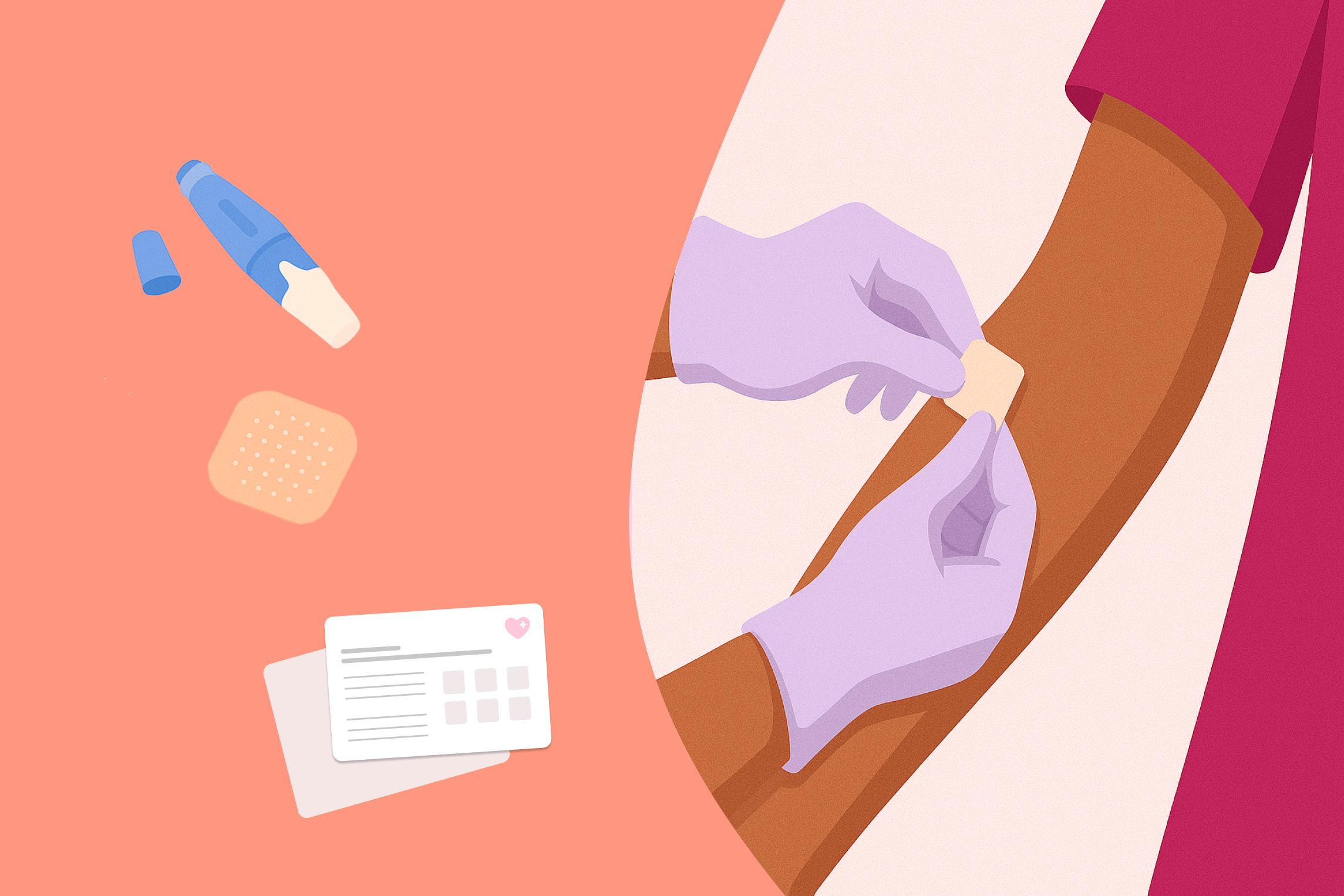

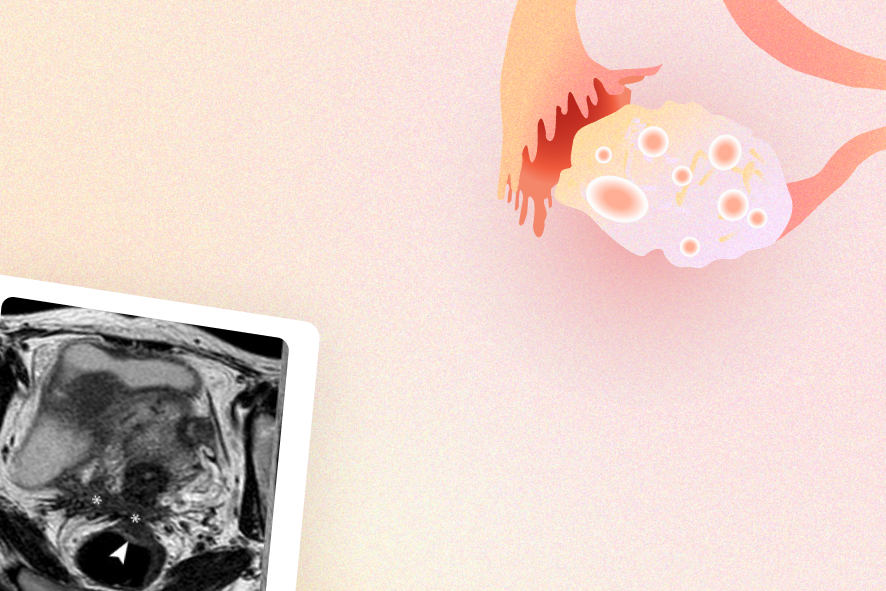

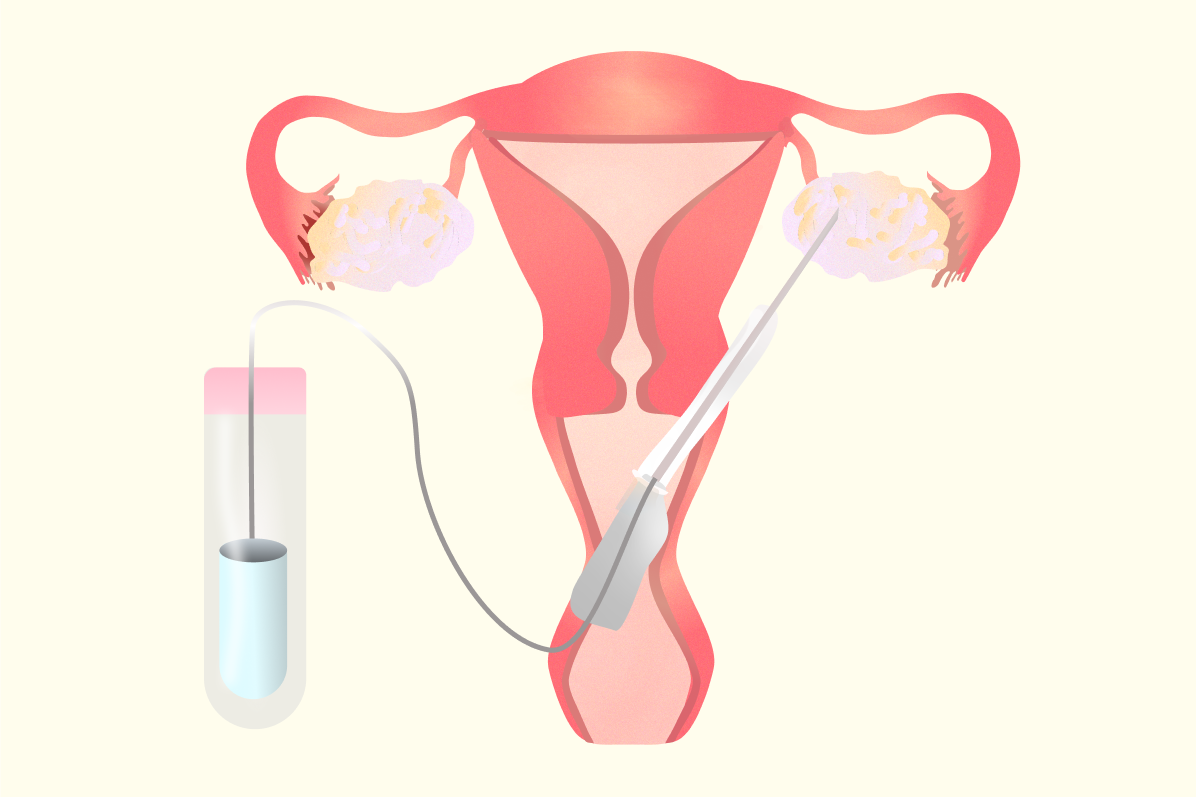
.png)
.png)
.png)



.png)
.png)


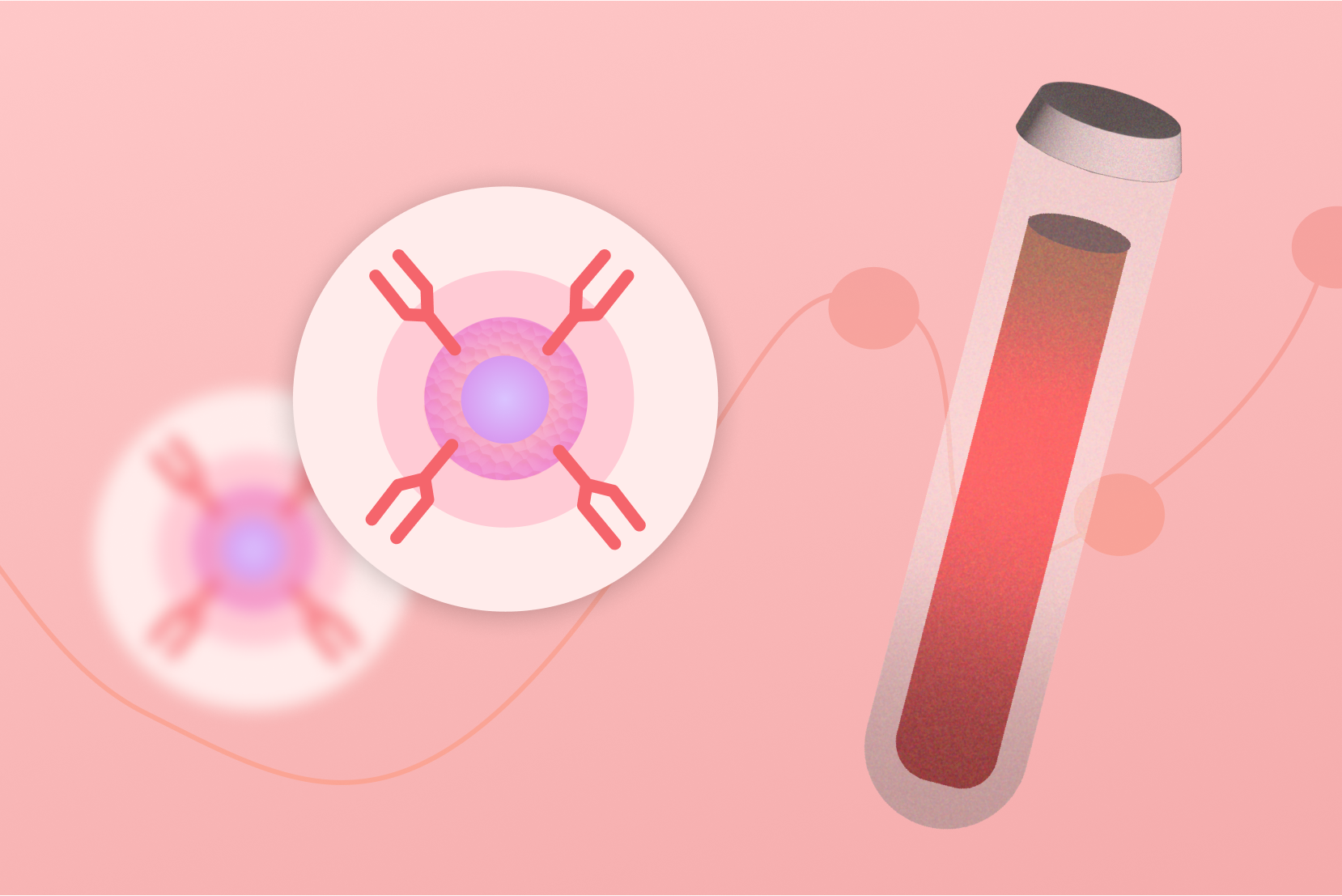
































.png)























